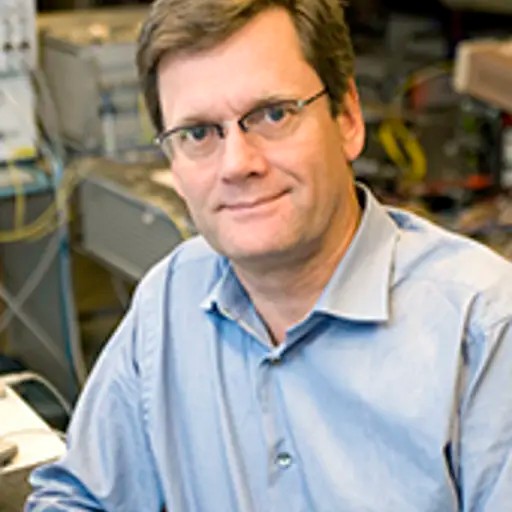Seminar with Professor Michael Vasilyev, University of Texas at Arlington
Overview
- Date:Starts 4 March 2025, 13:00Ends 4 March 2025, 14:00
- Location:
- Language:English
All-optical regeneration, or digital level discrimination, can potentially have dramatic effect on optical networking, data centers, and photonics-assisted computing. However, for any practical use this technology must meet, among other things, two very challenging requirements: a) ability of a single device to handle all WDM channels and b) compatibility with a variety of advanced modulation formats. The first requirement is challenging, because optical regeneration relies on large amount of intra-channel optical nonlinearity (self-phase modulation, or SPM), which is always accompanied by debilitating four-wave-mixing (FWM) and cross-phase-modulation (XPM) interactions among the channels, which hinder WDM operation. The second requirement is challenging, because large SPM couples amplitude noise to phase noise, and good amplitude regeneration comes at the expense of complete scrambling of the phase.
The talk will present the work of Prof. M. Vasilyev’s group on solving both of these challenges. We start with a well-known single-channel Mamyshev amplitude regenerator, based on SPM spectral broadening followed by offset bandpass filtering, and extend it into WDM regime by employing a custom-made group-delay-managed nonlinear medium. Then we mitigate its amplitude-to-phase noise transfer by combining two Mamyshev regeneration stages with a mid-stage optical phase conjugation, turning this device into a phase-preserving amplitude regenerator. The talk will further discuss how to combine the phase-preserving amplitude regenerator with a phase-sensitive amplifier for regeneration of advanced modulation formats.
Prof. Michael Vasilyev received the M.S. degree in Physics from Moscow Institute of Physics and Technology, Russia, in 1993, and the Ph.D. degree in Electrical Engineering from Northwestern University, Evanston, IL, in 1999. During his doctoral work, he has demonstrated the first noiseless image amplifier, first noiseless fiber amplifier, and tomography of multimode quantum states. In 1999 Dr. Vasilyev joined Corning Inc. (Somerset, NJ) as a senior research scientist, where he performed experimental and theoretical studies of noise and nonlinearities in optical fibers and amplifiers to optimize them for ultra-long-haul transmission systems. Since 2003 he has been with the Department of Electrical Engineering, University of Texas at Arlington, TX, where he is currently a Full Professor. Prof. Vasilyev’s research interests include novel optical amplifiers, nonlinear-optical signal processing, quantum communications, and nanophotonics. He has been a member or a chair of the technical program committees for OFC, CLEO, IEEE Summer Topicals, FiO, OAA, Photonics West, and other conferences, and served as an Associate Editor of the Journal of Lightwave Technology. Dr. Vasilyev was a recipient of 2008 DARPA Young Faculty Award. He is a fellow of Optica (formerly OSA) and SPIE. Dr. Vasilyev has published 67 journal and over 200 conference papers, and holds 10 U.S. patents.
